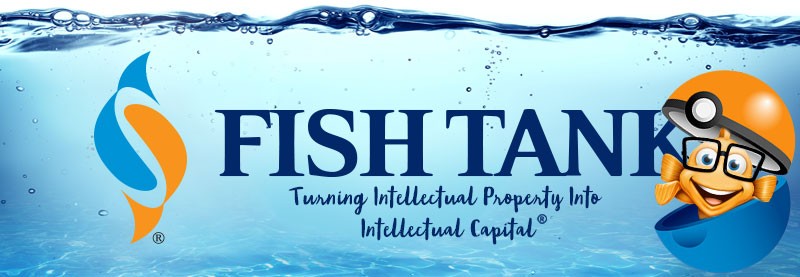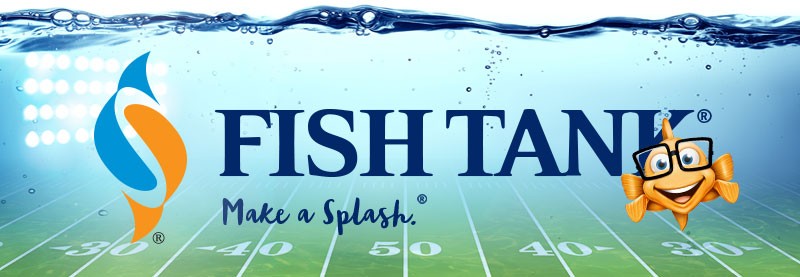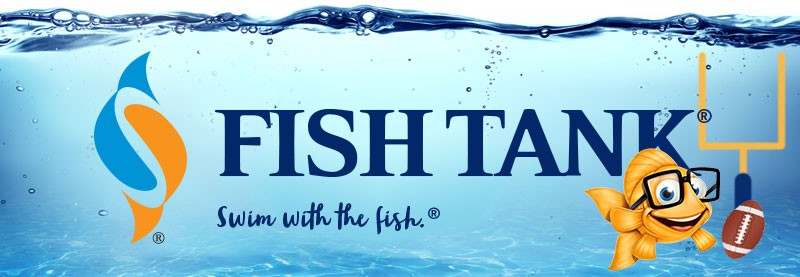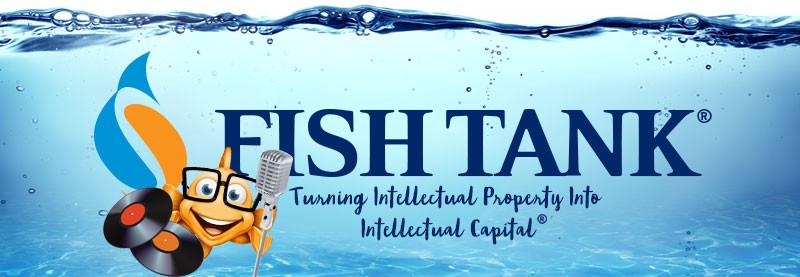Intellectual Property Insights from Fishman Stewart
Mini Article – Volume 22, Issue 24
Share on Social
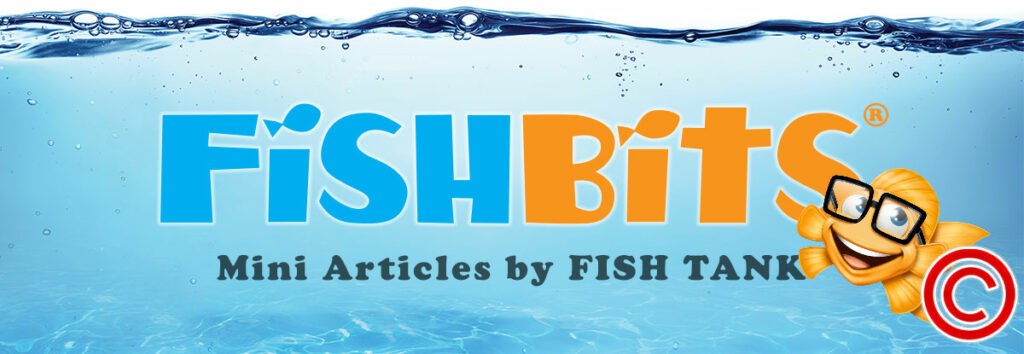
The Benefits of Copyright Registration
Recently, we filed an application to register the copyright for Finny the Fish. In the United States, and in many other countries, copyright protection arises at the moment a work is fixed in tangible medium. This means, for example, that you have rights as soon as you write a poem with a pen on paper, save a typed letter to your computer hard drive, record a song on tape, paint on canvas, sculpt in marble, or snap a photograph on your mobile phone. A work is protected by copyright automatically: one need not file for protection with the government to protect a work. So, why would we take the extra step to register Finny’s copyright?
Copyright registration is optional, but it provides several key benefits. For example, for US works, you must have a registration to bring an infringement lawsuit in federal court. Timely registration (meaning within three months of first publication or before infringement) confers additional benefits in infringement lawsuits like the right to receive statutory damages ($750-$30,000 per work and up to $150,000 per work willfully infringed), attorneys’ fees, and litigation costs. The availability of statutory damages can be a powerful tool in stopping infringement and deterring would-be infringers. Copyright registrations also may be recorded with US Customs and Border Protection which has authority to seize and detain infringing products at the border.
For more information on copyright registration, contact Kristyn Webb.
Kristyn Webb is the Group Leader of Fishman Stewart’s Copyright Practice Group, and is currently earning a Master’s Degree in Copyright Law at King’s College London.

Published December 2, 2022


Related Content from Fishman Stewart
First, a big “thank you” to all our readers who have given feedback on our newsletter. We appreciate your interest and insights. It is always a treat to hear from you! Second, we wanted to provide you with updates on some of our most popular articles
“Palworld”— a computer game created and published by Japanese developer Pocket Pair. Released as an early access game in January 2024, it sold over seven million copies on the computer platform Steam in the first five days and had nearly 20 million players in the first two weeks.
This year’s Super Bowl featured a thrilling overtime victory for the Kansas City Chiefs over the San Francisco 49ers. With estimates as high as 123 million viewers, America's premier sporting event also serves as a grand stage for creativity and intellectual property protections that enhance the game’s success.
Valentine’s Day is just around the corner and jewelry sales are usually around $6 billion USD in the United States alone. In 2021, the US Customs and Border Protection agency seized over $1 billion USD worth of counterfeit pieces of jewelry.
Detroit Lions In Copyright Dispute Over Barry Sanders Statue
Fish Tank: Newsletter Volume 24, Issue 3
This season marked many ‘firsts’ for the Lions including unveiling the first statue at Ford Field immortalizing a former Lion: Barry Sanders. However, some may not consider the Sanders statue a clear ‘win’ for the Detroit Lions franchise.
A few years ago, the Copyright Office received a large number of requests from Twilight fans who wanted to get a peek at the registered and unpublished manuscript of Stephanie Meyer’s Forever Dawn.
Demetrious Polychron was a big fan of The Lord of the Rings books by author J.R.R. Tolkien, which described the world of Middle Earth where Hobbits, Elves, Dwarves, Wizards, and other creatures engage in an epic battle of good and evil involving a ring with magical powers.
Public Domain Day is celebrated on January 1st and commemorates the expiration of copyright protection for certain creative works.
Taylor Swift has had an incredible 2023. Her “Eras Tour” has been a massive success, becoming one of the most profitable tours for an artist of all time. The release of the concert film of the tour became the highest-grossing concert film of all time.
Why is IP Protection Crucial for Small Businesses? We understand the challenges faced by small businesses, and we encourage you to take proactive measures to protect your intellectual property.
IDENTIFYING, SECURING AND ADVANCING CREATIVITY®



